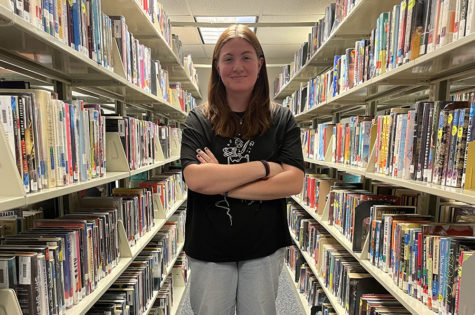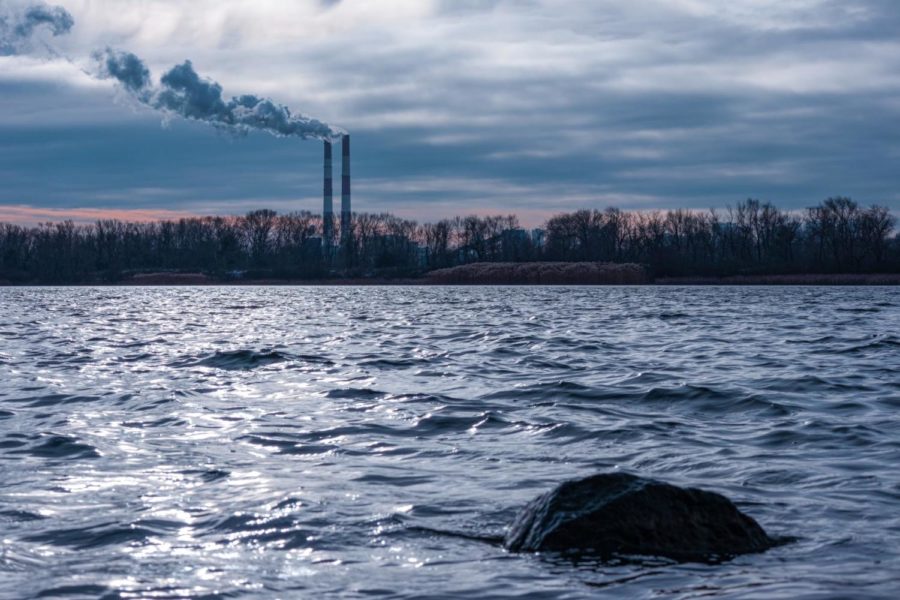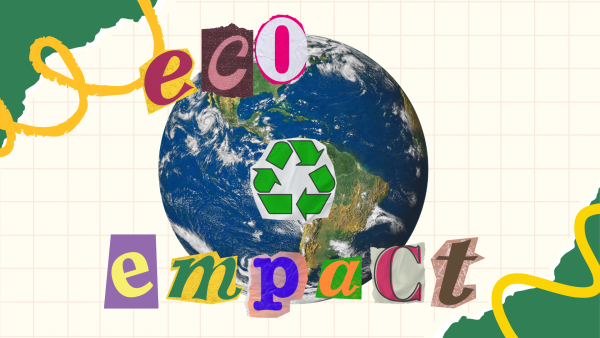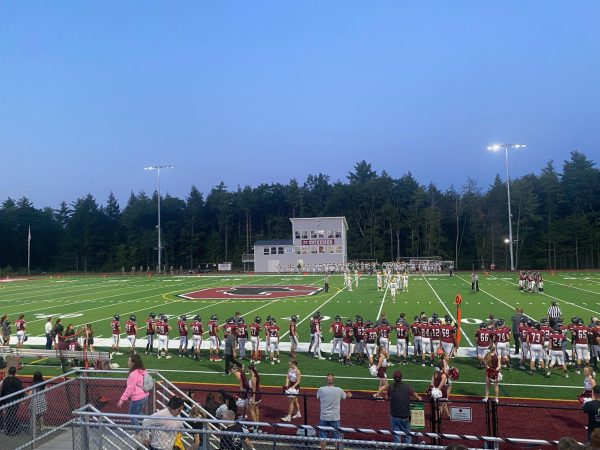Climate Change: Have we done enough?
Smoke stacks along a body of water
Climate Change is the natural shift of weather patterns and global temperatures over time. Despite being naturally occurring, human activities have had a substantial impact on climate change in recent years. Due to the large output of fossil fuels in the past two centuries, the Earth’s temperature has risen .14 degrees Fahrenheit every decade since 1880. During this crucial time, humans have possessed a substantial influence over greenhouse gases, increasing the impact of the greenhouse effect and global warming.
Even in your everyday habits you can put in the effort to reverse humans’ effect on the climate. Simple actions like using a reusable water bottle or recycling can help. Unfortunately, there are also practices you might wish to eliminate such as driving your car when you also have the capability to walk or bike. Emissions from driving, which thus creates smog, contribute a significant amount to global warming. This pollution even remains in the environment, and creates poor air quality.
Although global warming may seem to be a pressing issue for some, there are still plenty of individuals who simply do not believe it exists. Specific generations or rather certain periods of time have been detrimental to environmental efforts. Senior at GHS, Keith Sanders, says “Industrial Revolutions added a lot more to climate change. The first industrial revolution made air pollution extremely common and it has only continued and worsened since then.”
When asked if she believed that unnatural climate change is reversible, Colleen Braica, a junior here at Goffstown High, expresses that she doesn’t believe it will be. “Not really, we [humans] don’t put enough effort into it. Ever.” A contrasting viewpoint, Keith Sanders states he believes it may be. “Yes. We may not be able to unmelt the glaciers, but we can prevent it from worsening and maybe encourage a healthy climate.”
Not only have the actions of previous generations affected current generations efforts to reverse environmental errors, if enough energy is not applied to environmental efforts by Generation Z, it could have catastrophic effects. In addition to the strenuous task of Climate Change people are faced with today, Colleen believes “they [future generations] will, again, be forced to clean up our generation’s messes.”
Though there are those who do not believe climate change is real, there are multiple reasons why these people feel the way they do. Misinformation, in general, such as the spread of false or inaccurate science can lead to confusion. Politicians or world leaders who spread false information about climate change, have lasting consequences on the environment. Keith believes the most effort should be put into “electing responsible officials, who will work with scientists to make better laws for the environment.” These lawmakers should put the utmost effort into reversing global warming, not encouraging the distribution of inaccurate information.
In conclusion, climate change is the result of negligent human activities. Though we may unintentionally contribute to climate change, we can unlearn these routines and apply better habits to our everyday lives. In spite of the fact that misinformation still runs rampant today, such actions as electing responsible officials could have a positive and lasting impact on our environment.

Helena is a senior at GHS. She enjoys reading, writing, and also spends her free time playing piano. She enjoys volunteering in her community and working...








